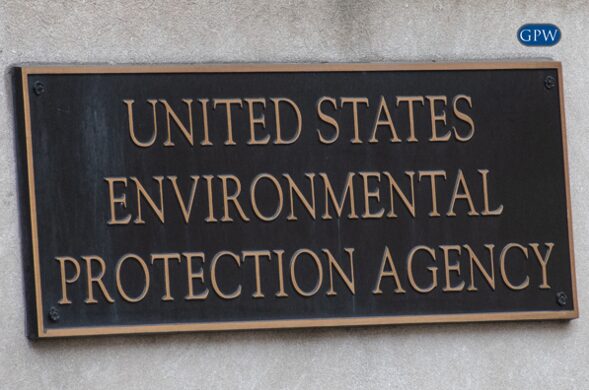Lilly and Plaintiffs’ Attorneys Enter Into an Agreement in Principle to Settle Majority of Zyprexa® Product Liability Litigation
Eli Lilly and Company announced today that it has entered into an agreement in principle with plaintiffs’ attorneys involved in Zyprexa liability litigation to settle a majority of the claims against Lilly relating to the medication.
When finalized, the settlement will resolve the majority of Zyprexa claims pending in the United States. This includes federal and state lawsuits that have been brought against Lilly, the filed nationwide class action lawsuits (none of which had been certified by a judge), and the majority of approximately 5,000 claims that were the subject of “tolling agreements” that extended the deadline for potential claimants to file a lawsuit, as well as other potential claims against Lilly. The agreement will also result in the dismissal of claims against physicians and other health care professionals named as co-defendants in any cases covered by this settlement.
According to the agreement, Lilly will establish a fund not to exceed $690 million for plaintiffs who agree to settle their claims. The settlement fund will be overseen and distributed by claims administrators appointed by the plaintiffs’ steering committee. At this time, the exact number of claimants covered by this settlement is unknown, but is estimated to be 8,000, comprising approximately 75 percent of claims identified to Lilly.
“We believe that this settlement is in the best interest of our clients, as well as patients, physicians and caregivers,” said Christopher Seeger, member of the plaintiffs’ steering committee, which had been directing the federal litigation for the claimants. “Our interest is in seeing that Zyprexa patients get the best medical care available and that doctors and patients receive accurate and meaningful information about the medications they use. We are pleased with the manner in which Lilly handled these claims. The patient population to which this drug is given has difficult medical histories. Protracted litigation was in no one’s interest.”
Most of the lawsuits claimed that before September 2003, the information in the medication label, which listed the risk of hyperglycemia and diabetes as an infrequent adverse event since 1996, was not adequately displayed. In September 2003, the FDA required label changes for all atypical antipsychotics to warn against this risk. “Given the background rate of diabetes in the population at large, and particularly in people with serious mental illness,” said Seeger, “we are pleased with the label change and the additional information being provided to physicians and their patients about both the risks and benefits of the drug.”
“The litigation stirred concern for physicians and spread fear among patients and caregivers, which has interfered with the process of physicians making treatment decisions,” added Taurel. “We want physicians to feel comfortable choosing the medication they believe best meets the treatment needs of their patients with serious mental illness.”
The agreement involves claimants who asserted that they developed diabetes-related conditions from their use of Zyprexa. Claimants who are not covered by the final settlement are those represented by attorneys who are not participating in the agreement in principle. Lilly is prepared to continue its vigorous defense of Zyprexa in the remaining cases.
Lilly advised investors that it anticipates taking at least a $700 million pretax charge in the second quarter of 2005 to cover this settlement, as well as other product liability claims not covered by the settlement. This second quarter charge will be excluded from Lilly’s adjusted second-quarter earnings.
Zyprexa(R) Background
Zyprexa(R) is indicated in the United States for the short- and long-term treatment of schizophrenia, acute mixed and manic episodes of bipolar I disorder, and maintenance treatment of bipolar disorder. Since Zyprexa(R) was introduced in 1996, it has been prescribed to more than 17 million people worldwide.
Zyprexa is not approved for the treatment of patients with dementia- related psychosis. Elderly patients with dementia-related psychosis treated with atypical antipsychotic drugs are at an increased risk of death compared to placebo. In addition, compared to placebo, there was a significantly higher incidence of cerebrovascular adverse events in elderly patients with dementia-related psychosis treated with Zyprexa.
Hyperglycemia, in some cases extreme and associated with ketoacidosis or hyperosmolar coma or death, has been reported in patients treated with atypical antipsychotics including Zyprexa.
Prescribing should be consistent with the need to minimize the risk of neuroleptic malignant syndrome, tardive dyskinesia, seizures, and orthostatic hypotension.
The most common treatment-emergent adverse event associated with Zyprexa in placebo-controlled, short-term schizophrenia and bipolar mania trials was somnolence. Other common events were dizziness, weight gain, personality disorder (COSTART term for nonaggressive objectionable behavior), constipation, akathisia, postural hypotension, dry mouth, asthenia, dyspepsia, increased appetite, and tremor.
Full prescribing information, including boxed warning, is available at http://www.zyprexa.com .



